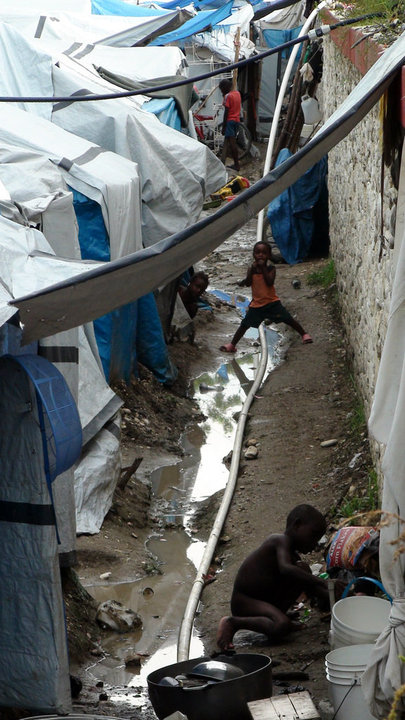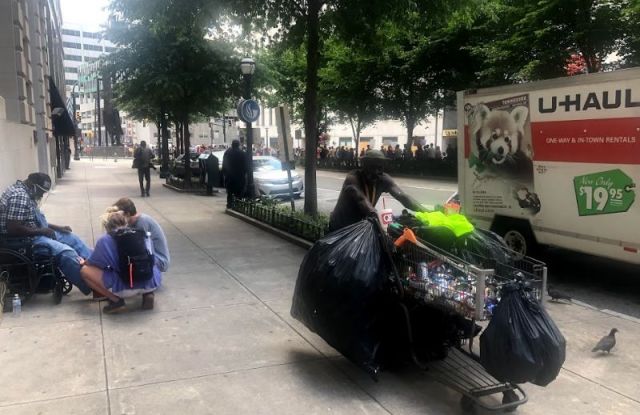Young people striving for social justice

 Bethany Hoang wrote a good article in Christianity Today on how young people’s concern for social justice can be leveraged to further their spiritual growth. I’ve abstracted part of it below:
Bethany Hoang wrote a good article in Christianity Today on how young people’s concern for social justice can be leveraged to further their spiritual growth. I’ve abstracted part of it below:
There are missionaries and thriving churches in their region. There are also ministries that provide food, shelter, and medical care nearby. There are Christian schools where children can receive education and have an opportunity to hear the gospel. But slaves like Sabari and Ammani do not have access to these opportunities and never will under their slave masters’ violent captivity.
The last 60 years of evangelical mission has focused primarily on spiritual salvation with a growing emphasis on mercy ministries-efforts to provide basic needs like food, clean water, shelter, and medicine. But the past 10 years has also seen a surge of involvement in ministries that seek to bring justice to those suffering oppression-people like Sabari and Ammani, who cannot benefit either spiritually or physically from the church’s mission until they are free.
The rising concern for justice is seen most dramatically among the younger generation in the church. Christians in college, high school, even middle and elementary school are putting extraordinary emphasis on justice as part of their Christian witness, and established churches and ministries are taking notice.
Will this passion for justice continue, or will it fade like so many other trends? And will this generation be discipled so that their zeal for justice isn’t a fad, but flows above all from their zeal for God himself?
Communications technology, travel opportunities, and the forces of globalization have meant that young people in the church today have had more exposure to the reality of suffering and injustice in our world than any previous generation. But as my colleague Wayne Barnard, International Justice Mission’s director of student ministries, has said, “The needed solutions to address [students’] passion for justice require a long-term commitment, which is challenging for a generation who cut their teeth on convenience.”
Slaves like Ammani and Sabari need justice in the form
of freedom before they can access the remarkable resources that exist
all around them-resources that include the gospel ministry of the church
in their region. Ammani and Sabari, and the 27 million other slaves in
the world today, are why we must be intentional about making justice a
part of discipleship training for this generation.



I remember the devastated look on the face of a young man, who after years of agriculture school, mission school and language training, was told that due to the escalation of the Mozambican civil war it was no longer safe to travel to the church farm. An older female colleague cajoled him. “Now you are free to do REAL mission work. Evangelism.” He finished his short term. Then left. Forever.
Hungry people can’t listen well.
Perhaps what should be encouraged is that as Christians, we all have different gifts. Whether we are more suited to watering fields than watering hearts, or mending physical bodies than suffering souls, we are all called to go forth.
Prayers for youth that strive to be a complete body of servants….
According to runforfreedom.net there 18000 slaves a year imported into the united states.
Also check out slaverymap.org for another look at slavery in our country.
I love the overseas stuff- but being stuck in the land of the free and brave shouldn’t keep us (me) from battling in this area!
This is a good balance to yesterday’s posting. Thanks, Seth.